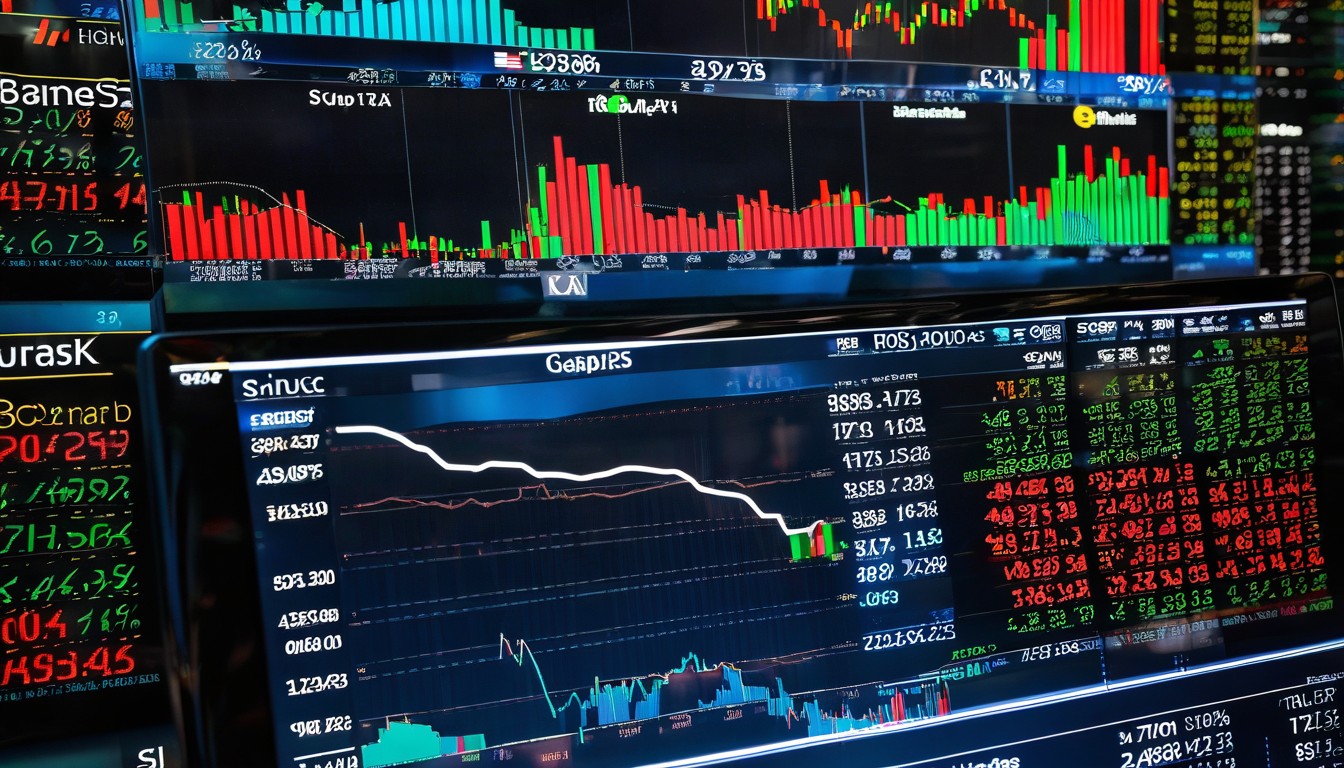In the ever-evolving landscape of finance, “stock market futures” emerges as a term that consistently garners attention from investors. These financial instruments play a crucial role in shaping market sentiment and providing insights into the anticipated direction of stock prices.
Stock market futures represent contracts that empower investors to buy or sell an underlying asset, like stocks, at a predetermined price on a future date. Unlike traditional stock trading conducted in real-time during market hours, futures trading occurs on futures exchanges, allowing participants to speculate on future price movements of various assets.
A noteworthy aspect of stock market futures is their capacity to act as indicators of market trends. Traders and analysts frequently analyze futures contracts to assess investor sentiment and forecast potential market movements. A bullish outlook in the futures market, for instance, may indicate optimism among investors, potentially leading to increased demand for stocks when the market opens.
Conversely, a bearish sentiment in stock market futures could signal apprehension or pessimism, potentially resulting in a decline in stock prices. It’s essential to recognize that while futures can offer valuable insights, they aren’t foolproof predictors of actual market outcomes, as external factors and unforeseen events can impact stock prices unexpectedly.
Stock market futures encompass a broad range of assets, including equity index futures, commodity futures, and currency futures. Equity index futures, like those based on the S&P 500, enable investors to speculate on the overall performance of a market index. Commodity futures involve agreements to buy or sell commodities such as gold, oil, or agricultural products at a future date.
The application of stock market futures goes beyond speculation, serving as risk management tools for businesses and investors. Hedging strategies involving futures contracts can help mitigate potential losses caused by adverse market movements. For example, a company concerned about a decline in the value of its stock portfolio might use futures contracts to offset potential losses, providing a level of financial protection.
While stock market futures offer opportunities for profit and risk management, they also come with inherent risks. Leverage, a fundamental characteristic of futures trading, amplifies both gains and losses, underscoring the importance for investors to approach these instruments with caution and a comprehensive understanding of associated risks.
Navigating the intricacies of stock market futures involves understanding the diverse array of contracts available. Equity index futures, for instance, allow investors to speculate not only on individual stocks but on the broader market trends. Investors often turn to indices like the Dow Jones Industrial Average or the Nasdaq 100 to gain exposure to specific sectors or the overall health of the stock market.
Commodity futures, another facet of this financial landscape, provide a platform for investors to engage in the price movements of physical goods. Whether it’s tracking the volatility of oil prices, the fluctuations in precious metals, or the agricultural commodities market, commodity futures allow for a wide range of speculative and hedging strategies.
Currency futures, a lesser-known but equally significant category, enable investors to speculate on the exchange rates between different currencies. These contracts can be particularly valuable for businesses engaged in international trade, providing a mechanism to hedge against currency risk and fluctuations in foreign exchange rates.
The interconnectedness of these various futures markets creates a complex web of relationships. For instance, movements in commodity prices can have ripple effects across equity and currency markets. Understanding these interdependencies is crucial for investors seeking to make informed decisions and manage risks effectively.
It’s also worth noting that the accessibility of stock market futures has expanded in recent years, thanks to advancements in technology. Online trading platforms and brokerage services provide individual investors with the tools to engage in futures trading, democratizing access to these once-specialized financial instruments.
However, this increased accessibility comes with a caveat. The complexity of futures trading requires investors to be well-informed and equipped with a solid understanding of the associated risks. Market participants should conduct thorough research, stay informed about global economic trends, and consider seeking advice from financial professionals to make informed decisions in the dynamic world of stock market futures.
In essence, stock market futures offer a multifaceted lens through which investors can gain insights, manage risks, and participate in the broader financial landscape. As with any investment strategy, a thoughtful and well-informed approach is paramount for navigating the opportunities and challenges presented by stock market futures in today’s ever-evolving global markets.
